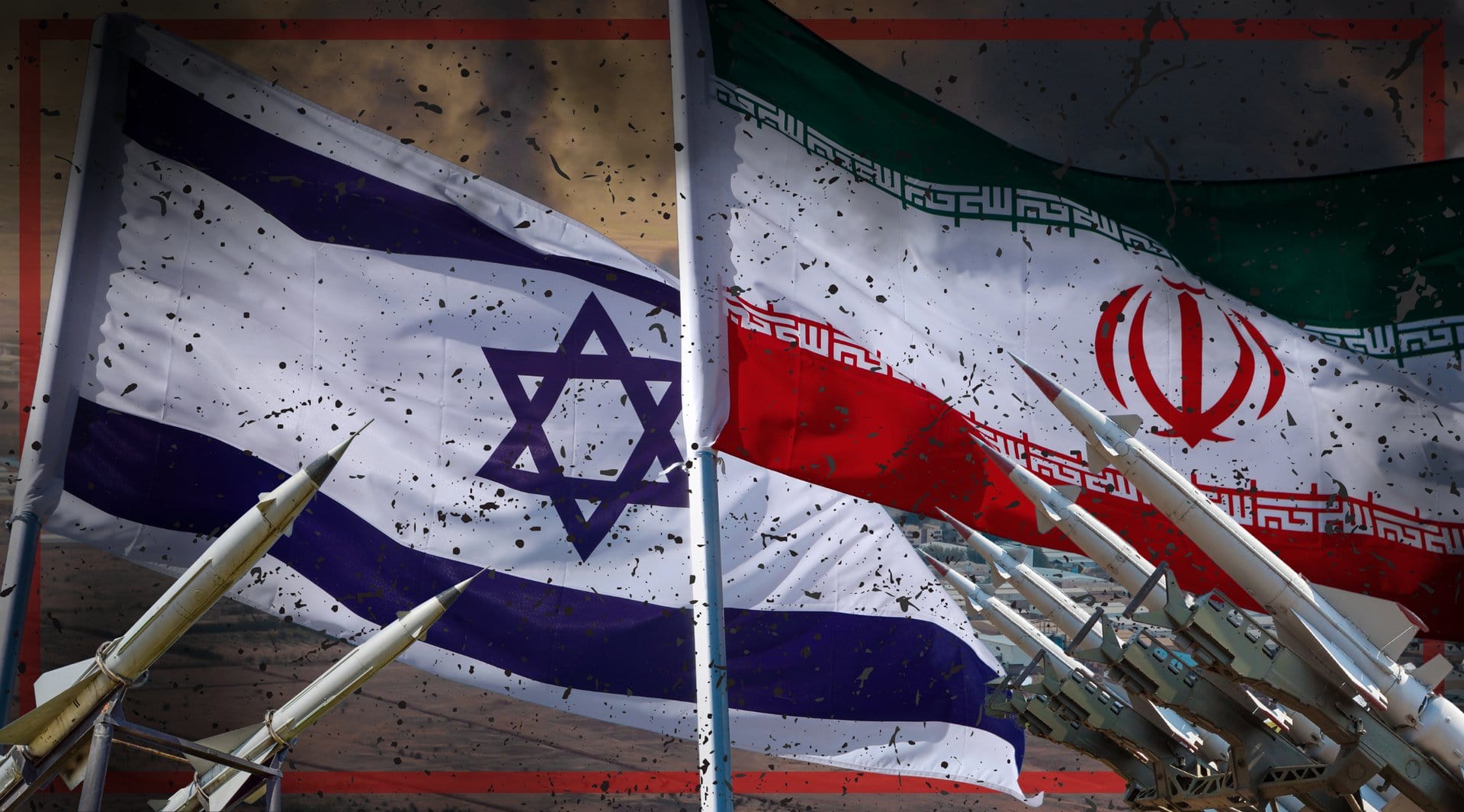Later this year, in October, Belgrade will play host to the third Wonderland AI summit. The event’s organisers are promoting the event as “one of the most innovative in the world” that will include all of the most important players in the increasingly important field of artificial intelligence (AI):
“Wonderland AI Summit will gather more than 2000 participants that will have the opportunity to listen to more than 100 world-recognised speakers from companies such as Huawei, Samsung, Google, PWC, Neurala, NVIDIA, and many more. And in this year’s edition, the Wonderland AI summit will also pay special attention to startups that will be able to present their work in one of the four stages and be recongised by investors.”
The official aftermovie of the #WonderlandAISummit2020➡️ https://t.co/h4YCMy9TWC
— Wonderland AI Summit (@wonderland_ai) July 19, 2021
See how amazing was at #WAIS2020 and don’t forget to get the ticket for the #WonderlandAISummit2021, otherwise you will miss the most innovative #AI event of the year! 🔥#artificialintelligence
For a few years now, Belgrade has been home to one of the largest artificial intelligence communities in the world. Belgrade has become a hub of the wider area’s ecosystem that includes some of the planet’s most innovative companies.
To an extent this has been facilitated by the billions of euros in soft loans that China has offered to the Serbian government. According to Foreign Policy, “between 2010 and 2019, China invested 1.6 billion euros ($1.9 billion) in Serbia, while Chinese infrastructure loans to Serbia are estimated to exceed 7 billion euros.” These loans have largely related to the development of the infrastructure, energy and tech sectors. As part of the Chinese government’s plans for a “digital silk road”, an offshoot of the Belt and Road initiative that aims to create a global telecommunications network controlled ultimately by the Chinese state, Belgrade has received a huge amount of investment for artificial intelligence programmes. This has spawned a wider tech community across Serbia and Eastern Europe more broadly, with Belgrade as the unofficial central hub.
Huawei, one of the sponsors and guests at the Wonderland AI summit, has a particularly prominent role in the Serbian market. This is highlighted not least by the “innovation centre” it opened in Belgrade just last year. So far the company has signed two agreements with the Serbian government. The first relates to a broadband internet initiative and the second a smart cities project. As part of the latter, Huawei has been working closely with Serbia’s Interior Ministry “to install over 1,100 surveillance cameras at an undisclosed cost for Belgrade’s Safe City surveillance system of traffic and crime control”. The development of face-recognition software is also being explored by the two parties. Whilst this has caused some diplomatic issues, notably in relation to Serbia’s desire to join the European Union, the Serbian minister for technological development stated back in 2019 that “Huawei has arrived in Serbia to stay for a long time.”
Mihailo Jovanović, director at Office for Information Technologies and e-Government, Government of the Republic of Serbia, gave a great speech about the future of AI development in Serbia, at last year’s #WonderlandAISummit 🔥🚀 pic.twitter.com/Sa4rvLtpad
— Wonderland AI Summit (@wonderland_ai) July 9, 2021
Clearly the Serbian government is taking AI seriously – to the extent it might be prepared to jeopardise important diplomatic relationships to facilitate the industry’s growth. Unsurprisingly, the reasoning behind this is economic. As is clear from a government paper on AI published in 2019, the government sees the industry as an opportunity for the country to “catch up” and become one of the economic powerhouses of the future. It also sees AI as a “catalyst” that will increase efficiency and profitability across all sectors:
“With the Fourth Industrial, i.e. the Digital Revolution, we have a chance to make up for lagging behind and catch up with more developed countries […] the digitisation process will enhance the standard and quality of life for hundreds of thousands of Serbian citizens. Efficiency will be increased, costs will be reduced and new value will be created in almost all areas of life and work. The digitisation process is the most important catalyst of innovations, competitiveness and growth.”
The potential growth rates are enormous, and Serbia is trying to position itself as one of the forerunners to benefit from this growth:
“Studies also indicate that artificial intelligence could double annual economic growth rates over the next 15 years. It is expected that AI will influence growth in three ways: by improving labour productivity up to 40% due to innovative technologies that enable the same number of workers to deal with a bigger workload, by creating “smart machines” in the form of systems and programmes that can learn and solve problems almost independently, and finally, by expanding innovation and innovative solutions in combination with other economy sectors which will contribute to their growth and development.”
Whilst AI clearly offers the potential for a dramatic increase in global productivity, and prosperity, there are a number of ethical issues which the Serbian government and others have highlighted. As is often debated in terms of 5G telecommunications infrastructure, many are concerned about how data and AI may be used, and by whom. Such issues will no doubt be debated at Wonderland AI by some of the industry’s biggest players. This will be an interesting and crucial ethical debate to consider in the years ahead: how to balance the economic rewards of this potentially revolutionary technology whilst still maintaining previous standards on privacy, transparency and data protection?
“Despite the considerable benefits AI development holds for the society, there are also potential and accompanying challenges that need to be considered and incorporated into the plans for further development. These are, first and foremost, the protection of personal data, the need to adapt the education system and qualifications to take full advantage of the development and deployment of artificial intelligence including non-technical areas (for example: medicine, agriculture and forestry, law), ethical challenges like the prevention of discrimination on any grounds, as prejudices and biases can be inherited through training data, the challenge of transparency, as the rules based on which the system makes decisions are often not transparent in ML, the impact on the job market and the need for continuous monitoring of the types of professions with growing and declining demand.”
What are the Implications
— Spiros Margaris (@SpirosMargaris) July 18, 2021
of #ArtificialIntelligence? https://t.co/ukyTMTXayj #fintech #AI #MachineLearning #DeepLearning #ethics @analyticsinme pic.twitter.com/koz8Rakqvg
Any business or individual with an interest in disruptive trends will have to watch closely the development of the AI in the months and years ahead. If the Serbian government, and many other stakeholders around the world, is correct then this industry will revolutionise cross-sector practice and perhaps even be a major driver of global growth. This expansion will cause a range of ethical issues, and necessitate delicately balanced regulation, that industry and policymakers will have to grapple with.
The Wonderland AI conference in October will be a place where this type of issue will be debated by those at the forefront of this burgeoning new industry. Given Serbia’s determination to position itself at the heart of this market, Belgrade seems a most appropriate place for the summit to be held.

Author: Harry Clynch
#WonderlandAI #Belgrade #Serbia #China #BeltAndRoad #DigitalSilkRoad















2 Responses